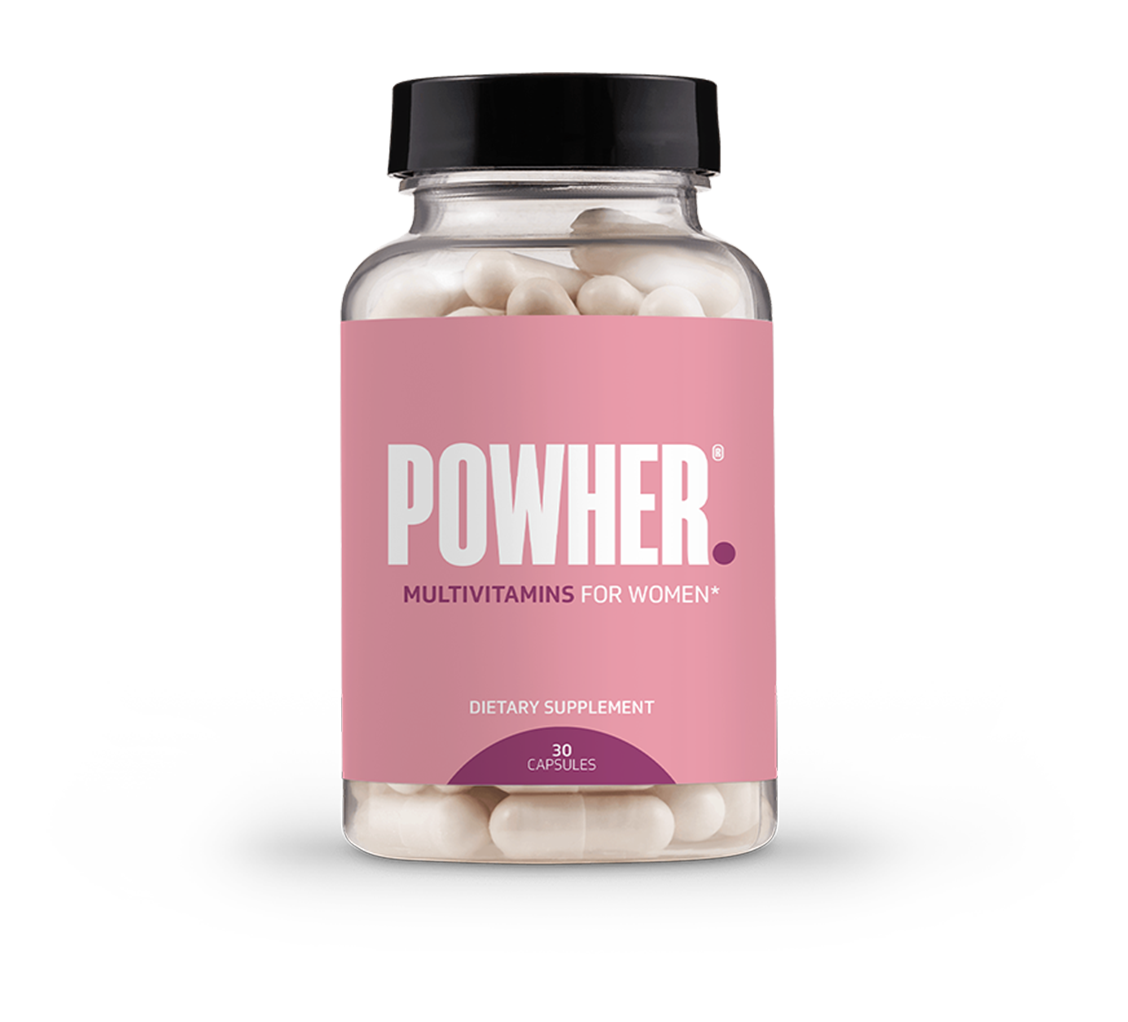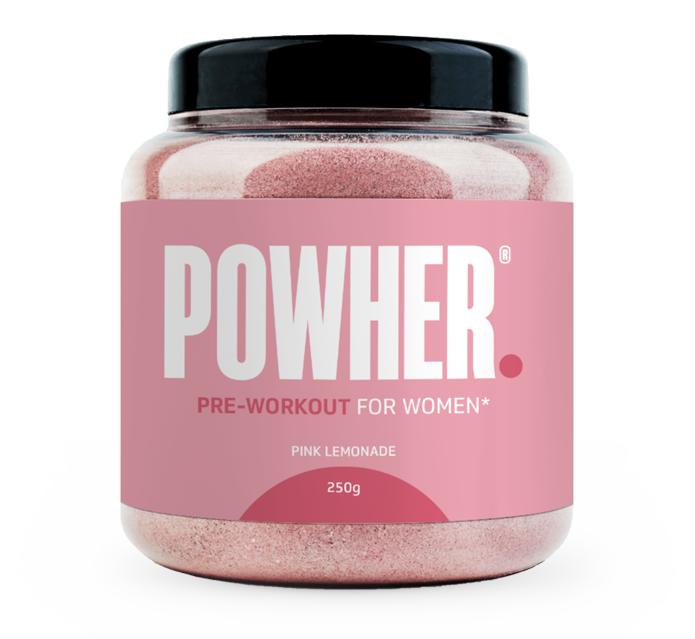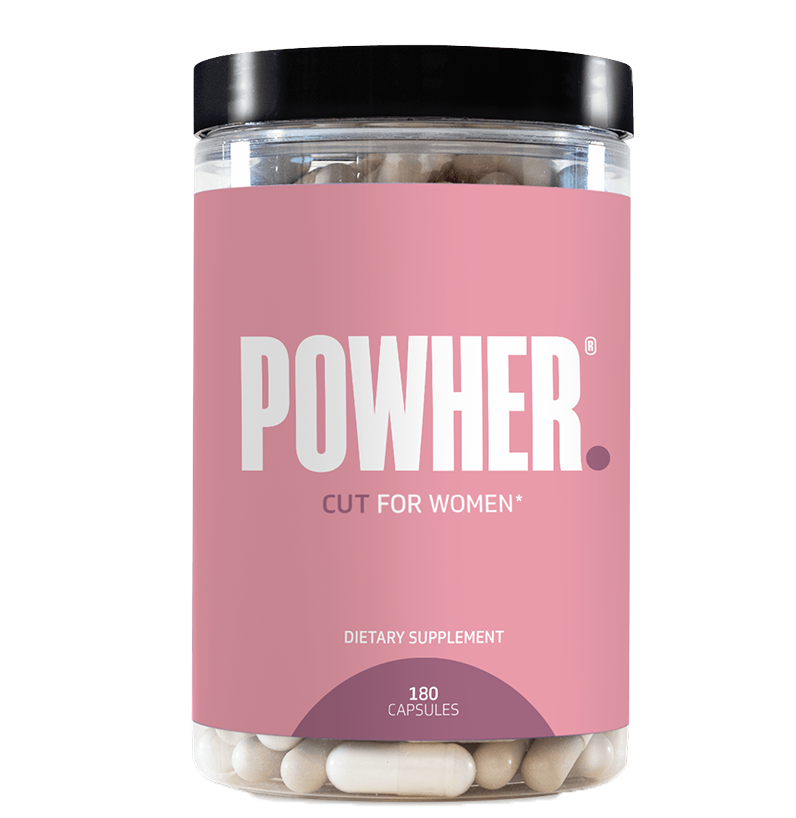Your body needs a variety of vitamins to perform at its best. You strive to eat a nutritious diet, but it’s not always easy meeting your vitamin needs from food alone. If you’re wondering “what vitamins should I take?” we’ll give you the lowdown and share our dietitian’s daily vitamin routine.
When should you take vitamins? Is it only in certain circumstances, or should you take certain vitamins every day to fill nutritional gaps? When is the best time to take vitamins – day, night, or somewhere in between?
As a dietitian, I have a daily vitamin routine, and vitamins I look for to support my health. In this article, I will give you some tips to start your own vitamin regimen, and uncover the nutrition essentials you need to reach your peak physical potential.

What Vitamins Should I Take?
There are the 13 essential vitamins your body needs, but there are also other necessary nutrients like choline and CoQ10 that further boost your health potential.
Getting in all your essential vitamins is not always easy, but doing this supports optimal energy levels, helps your body thrive, and supports overall health.
I have seen a clear difference in how I feel, and my clients also report a noticeable difference when they are getting in the right nutrients.
In knowing this, you are probably wondering which are the most important vitamins to take for your health and well-being.
Let’s dive into each one and why it’s important for your health as a woman.
Vitamin A
According to research, vitamin A deficiency is a worldwide public health problem, and it is one of the best vitamins for overall health.
Vitamin A is necessary for:
- Normal vision
- Immunity
- Healthy reproduction
- Bone health
- Growth and development
- The function of vital organs like the heart and lungs
Because of its role in bone health, it is even more important for women to take note. Bone loss occurs earlier in life for women and osteoporosis is more common, so any vitamin that builds strong bones is one to add to your list.
Vitamin A food sources include:
- Cod liver oil
- Liver
- Eggs
- Dairy
- Leafy green and yellow veggies
By far, liver is one of the top vitamin A sources. If you’re like me and you’re not a liver fan, you can also get your daily dose of vitamin A from a quality multivitamin. This is what I do to ensure I’m still getting what my body needs.
B Vitamins
B vitamins are a group of vitamins whose primary purpose is to provide you with the most energy possible. These are often lumped together as the “B-Complex” vitamins in supplements, and there are 8 different types of B vitamins in this category.
- Vitamin B1
- Vitamin B2
- Vitamin B3
- Vitamin B5
- Vitamin B6
- Vitamin B7 (Biotin)
- Vitamin B9 (Folic Acid)
- Vitamin B12 (Cobalamin)
These B vitamins are heavily involved in:
- Energy production
- Digestion
- Metabolism
- Cellular health
- Red blood cell growth (helps transfer needed iron and oxygen to your brain and muscles)
- Brain and nerve function
It’s no wonder they are needed for proper energy with all they do!
Vitamin B food sources include:
- Liver
- Broccoli
- Brussels sprouts
- Leafy greens
- Chickpeas
- Green beans
- Fortified breakfast cereals
You can also include a multivitamin supplement to ensure you meet your daily needs.

Vitamin C
Vitamin C is a potent antioxidant that supports women’s health. It has several critical functions such as:
- Protecting your cells from free radicals (harmful substances in the environment)
- Supports immunity
- Helps produce collagen, an important protein for skin, hair, and nails
- Strengthens bones and teeth
The best food sources of vitamin C are:
- Citrus fruits
- Bell peppers
- Strawberries
- Tomatoes
- Cruciferous veggies (broccoli, Brussels sprouts, cabbage, cauliflower)
In my diet, I love including peppers in my omelets and quesadillas, and roasted broccoli as a super easy side dish. But since my diet is not always perfect, I make sure to get enough vitamin C in my supplements as well.
Vitamin D
Vitamin D deficiency is one of the most common deficiencies in modern times, estimated at 1 billion people worldwide. There are very few natural food sources of vitamin D, and most of our vitamin D comes from the sun.
So if you live in a colder climate or aren’t getting UV light exposure regularly, you’re more at risk for a deficiency. Some people also simply don’t absorb vitamin D (or any vitamin for that matter) as efficiently as others, and thus may need a little extra to get in enough.
To demonstrate this, my husband has low vitamin D levels and I don’t. We eat essentially the same, but his body may not absorb it as efficiently.
Vitamin D is gaining momentum for its numerous health benefits such as:
- Immune health
- Proper nervous system function
- Bone health
- Improving calcium absorption
The best food sources of vitamin D are:
- Fatty fish like salmon and sardines
- Egg yolks
- Fortified foods like milk, orange juice, and cereal

If you’re a vegetarian or just don’t get in enough of these foods, getting enough vitamin D from diet alone will be more difficult. In this case and of course, if you’re deficient, a multivitamin containing vitamin D is a great place to start.
Vitamin E
Vitamin E is another antioxidant vitamin important for women’s health.
Here are some other benefits of vitamin E:
- Protects cells from toxin damage
- Aids proper muscle function (to help you crush those strength workouts)
- Strengthens the immune system
- Supports skin and eye health
Vitamin E has also been studied for its potential to support heart health in women.
Vitamin E food sources include:
- Vegetable oils – sunflower, soybean, and safflower oil
- Wheat germ
- Sunflower seeds
- Peanuts and peanut butter
- Almonds
- Beets, beet greens, spinach
- Red bell pepper
- Pumpkin
These vegetable oils are one of the richest vitamin E sources, but if you’re not getting enough of them you can meet your supply with a daily supplement.
Vitamin K
Vitamin K is the last, but certainly not least, essential standard vitamin we recommend taking. It is involved in many important reactions in the body, including the maintenance of strong bones.
Other vitamin K benefits include:
- Speeding up wound healing
- Proper blood clotting
- Building strong bones
- Supporting the heart
- Regulates calcium levels
Good food sources of vitamin K include:
- Leafy green vegetables – spinach, kale, mustard greens
- Cruciferous veggies – broccoli, cauliflower
- Soybean and canola oils
- Avocados
Since vitamin K is involved in wound healing, it is essential for the active woman, allowing you to heal from any potential injuries. Its role in regulating calcium levels also keeps your bones strong so you can keep doing the active things you love.

If you’re not getting in enough greens in your life, supplementing with vitamin K can ensure you meet your daily needs.
Choline
Choline is not technically a vitamin or mineral, but it has similar properties to B-complex vitamins. Even though it’s not quite as well known as the others, it is directly involved in several vital body functions and is gaining quite a name for itself in the nutrition world.
Here are some of the choline’s key functions:
- Proper function of the liver and brain
- Facilitates muscle contractions (thereby enhancing muscle performance and improving stamina)
- Supports a healthy nervous system
Through its role in easing muscle contractions, it can also aid in faster muscle recovery after tough workouts. And if you’re like me and like to exercise multiple times a week, having a speedier muscle recovery will keep you from burning out.
The best choline food sources are:
- Liver
- Egg yolks
- Red meat
- Fish
- Dairy
Since animal foods are the best choline sources, it can be difficult to get enough from your diet if you follow a vegetarian or vegan diet.
CoQ10
CoQ10 is a powerful antioxidant your body produces naturally, but this ability declines with age. It is popularly found as a single supplement for energy and improving performance but is also part of certain multivitamin formulas.
CoQ10 is found in virtually every cell in the body and is heavily involved in converting our food into energy. I take it so that I can make the most of every workout, and feel my very best when doing it.
The benefits of CoQ10 include:
- Reduces oxidative stress (the type of stress inside your body that can damage health)
- May support fertility
- May protect the skin from UV rays
- Can improve exercise performance (and reduce fatigue)
If you’re looking to up your workout performance, CoQ10 can help power your workouts and may even speed up the recovery process.
The best food sources of CoQ10 are:
- Organ meats
- Fatty fish – salmon, trout, sardines
- Meat – chicken, pork, and beef
It is also found in some vegetables and soybeans but in very small amounts.
Because the CoQ10 doses seen in the research to provide benefits are fairly high, your best bet would be to take it in supplement form in addition to enjoying these nutritious food sources.
Powher’s complete multivitamin for women contains all of these essential nutrients a dietitian recommends in a convenient capsule form.
When To Take Vitamins?
So how do you know if you need vitamin supplements? Here are a few questions to ask yourself to help you decide when to take vitamins for your health.
- Are you eating a well-balanced diet? If your diet varies, you are on a restrictive diet or are a picky eater, you may need a multivitamin supplement. In addition, if you can’t even remember what you eat on a given day, your diet could be lacking in vital nutrients.

While vitamin supplements are not intended to replace healthy eating, they can provide peace of mind you are getting what you need to feel your best.
- Are you deficient in any nutrients? If your doctor diagnosed you with a vitamin deficiency or even an insufficiency, you should consider vitamin supplements. A vitamin insufficiency means your vitamin levels are not low enough to coin it a full-blown deficiency, but you’re at risk of a deficiency if you don’t improve them.
- Are you pregnant or trying to conceive? The childbearing years are probably one of the most critical times to optimize your nutrition. Taking a quality multivitamin in this instance will ensure you are getting the necessary nutrients. Always speak to your doctor to personalize your needs, especially during this special time.
- Are you taking a lot of medications? Some medications can affect the absorption of certain nutrients, increasing your risk of a deficiency. If you are taking any medications, ask your doctor about starting a multivitamin supplement.
When is the Best Time to Take Vitamins?
You can take your vitamins in the morning or evening right after breakfast or dinner, depending on what works best for you to remember. If you have a solid morning routine, it may be easiest to just couple it into your usual routine.
I take my vitamins every day right after breakfast. I leave it out front and center on my bathroom vanity, so it reminds me every morning when I’m brushing my teeth. If I had it all stashed away, I don’t think it would be as easy to remember to take it.
There is no right or wrong here, it’s just about doing it in a way that feels more effortless.
It’s also best to take your vitamins with a meal. Because multivitamins contain a mix of both fat-soluble and water-soluble vitamins, it’s best to take them with a fat-containing meal for optimal absorption.
If you’ve ever forgotten to eat and have taken your multivitamin on an empty stomach, you may have experienced some mild nausea or queasiness. This has happened to me, and trust me it’s not fun and can come with a vengeance.
If this happens, just grab something small to eat right away, like a few whole-grain crackers or a slice of bread. This will help settle your stomach quickly to curb that unpleasant feeling.
How Can I Remember to Take My Vitamins?
Your life is busy, and you probably already have a lot on your mind. But consistency in taking your vitamins every day is essential to allow those nutrients to soak up into your system faster. Not to worry – it can be easily incorporated into the things you’re already doing.

I remember by bundling my vitamin regimen into my usual routine. Keep your vitamins out front and center where you eat your meals, write them on your planner, or set a daily reminder to take them at a time when you already have an established routine.
By doing this, taking your daily vitamins will become an automatic habit in no time.
Starting Your Own Daily Vitamin Routine
The importance of a well-balanced diet is invaluable, but sometimes life gets in the way of your healthy eating intentions. Let my Dietitian-approved daily vitamin recommendations inspire you to start your own multivitamin routine that helps fill in those nutrient gaps.
If you want to ensure you’re getting the most important vitamins your body needs, a quality-grade multivitamin supplement can provide peace of mind.
Powher’s complete multivitamin is designed for the active woman, to help you achieve optimal performance and whole-body health. Learn more about how our Powher multivitamin can help you feel your absolute best.
Disclaimer: The information on the Powher blog does not constitute medical advice and should not be used as such. If you would like to learn more about your dietary requirements and related aspects of your health, speak with a registered medical professional.




